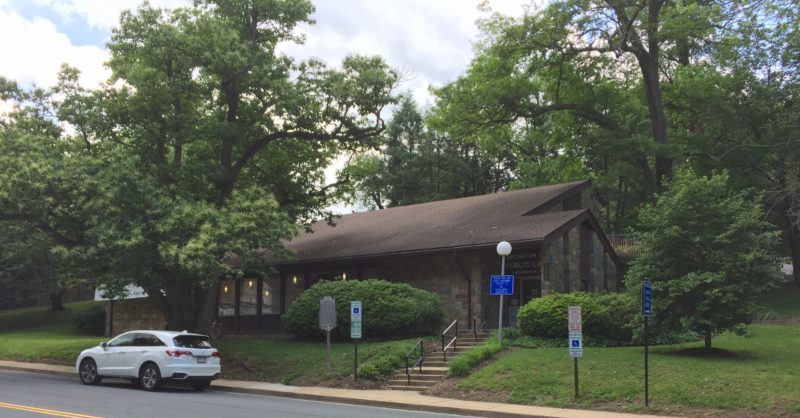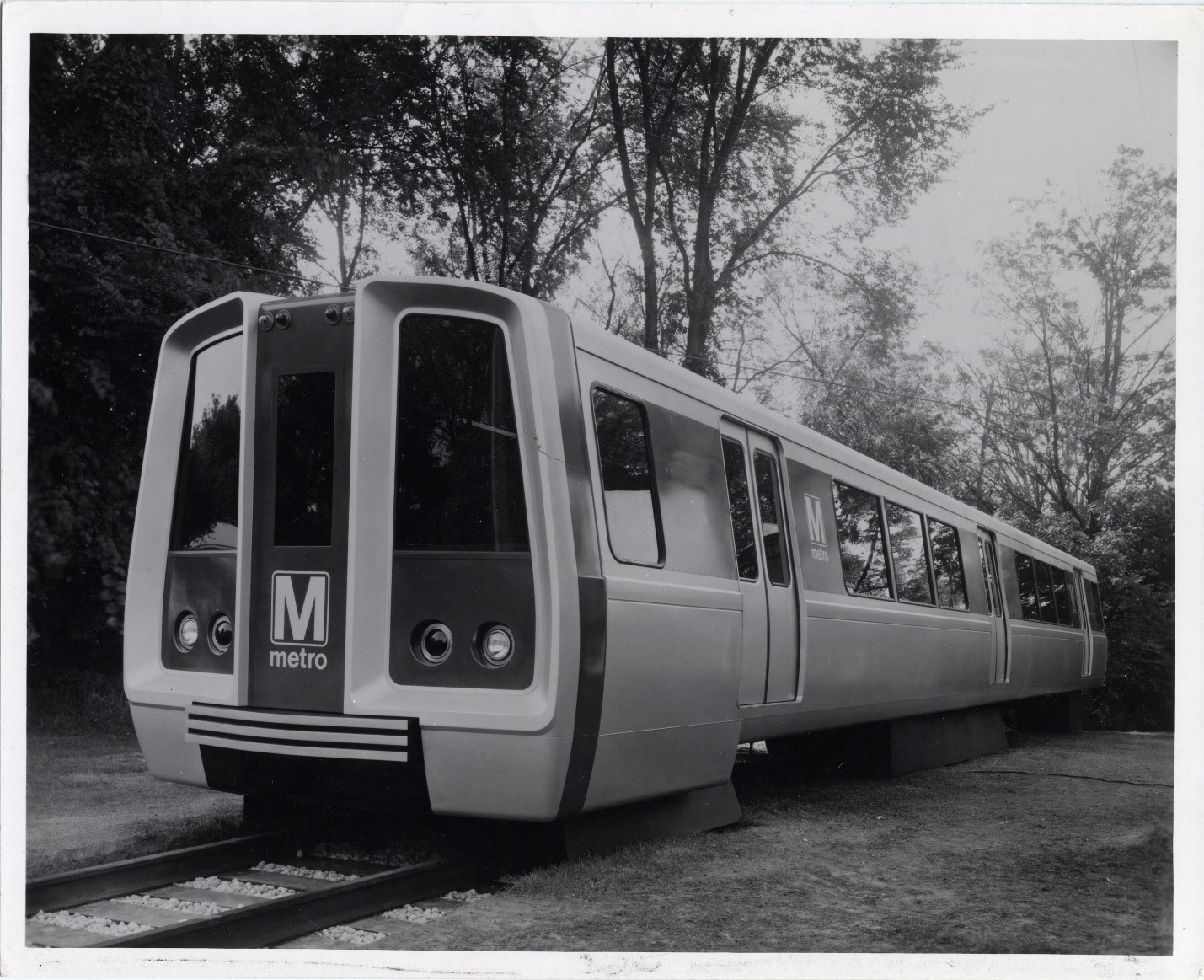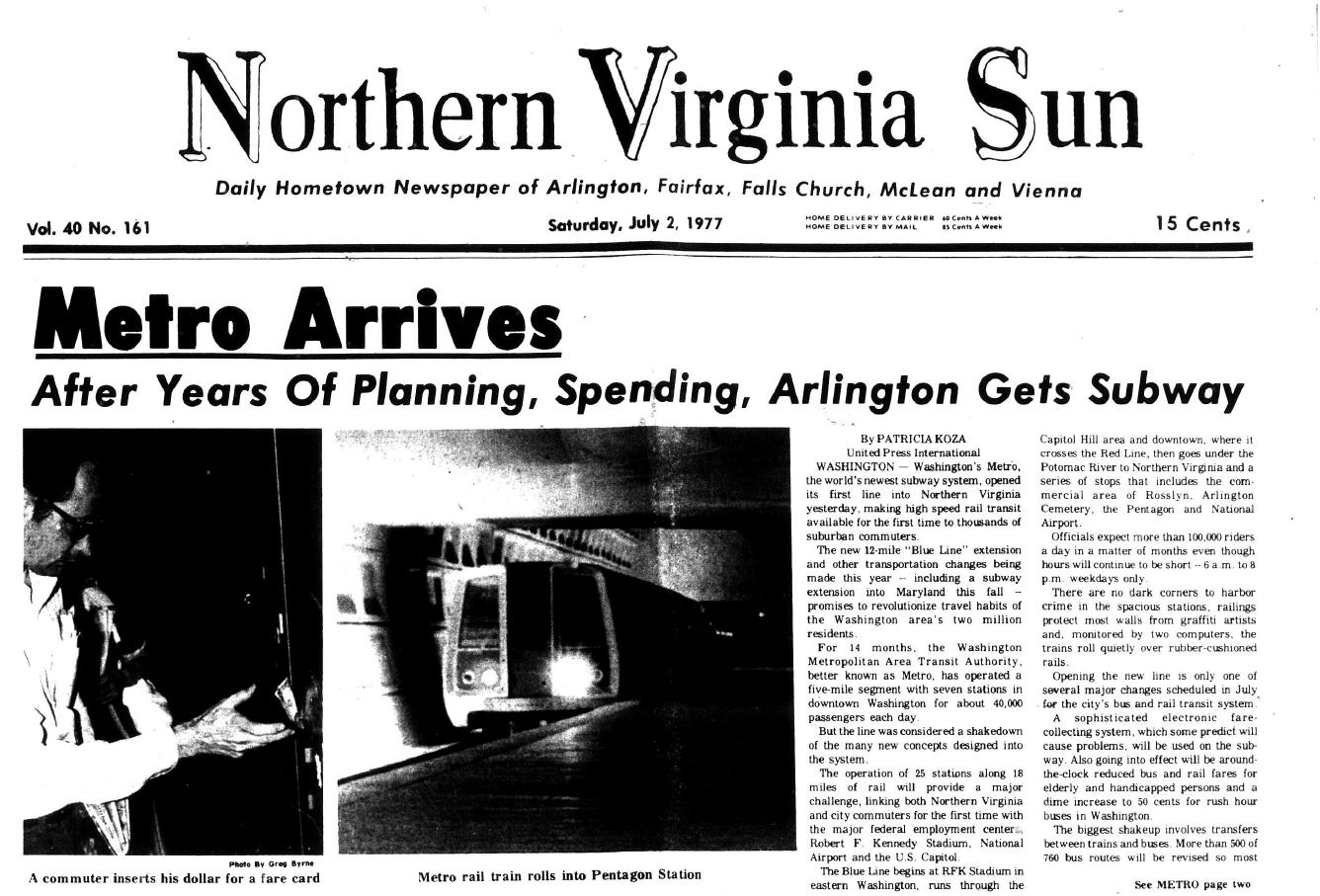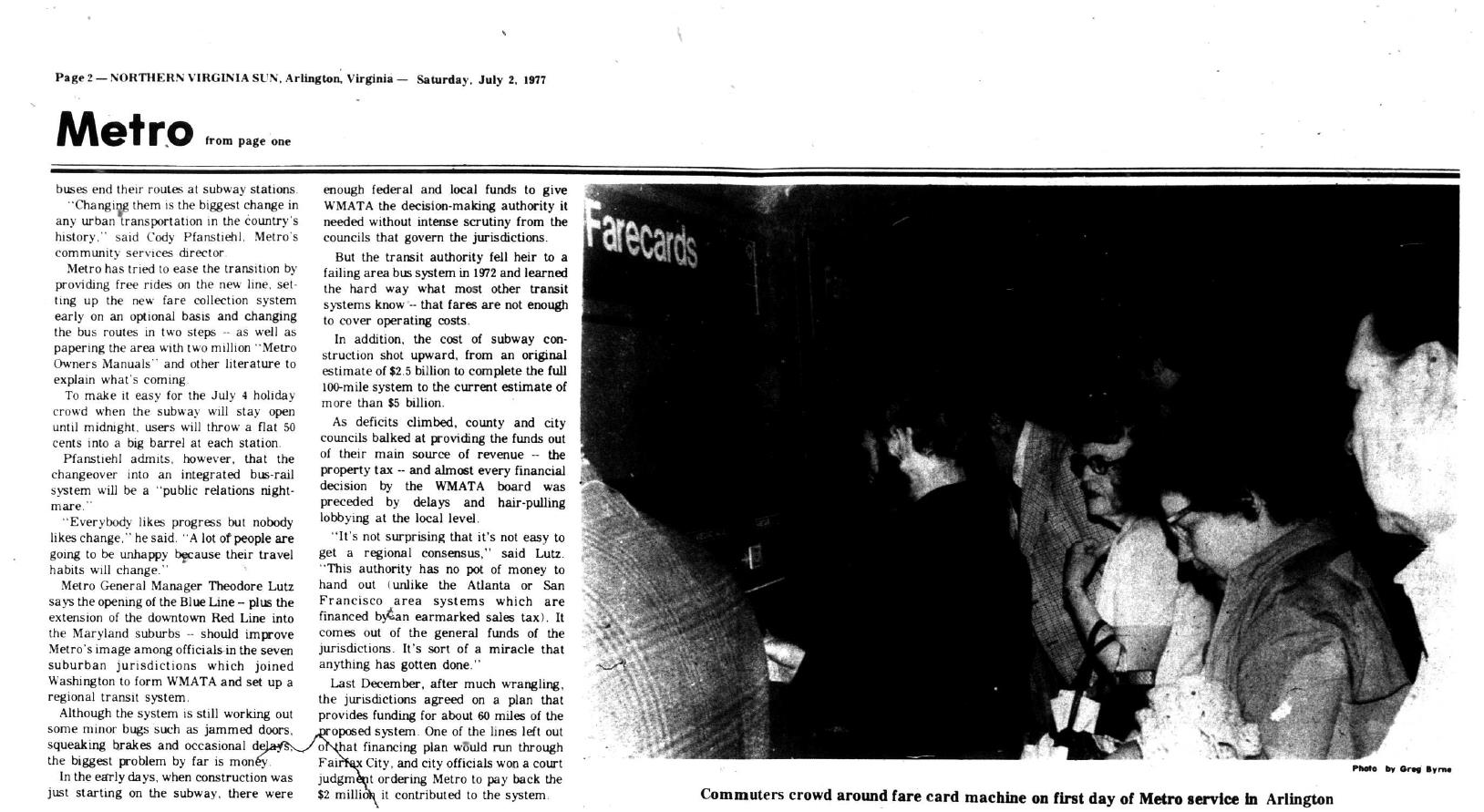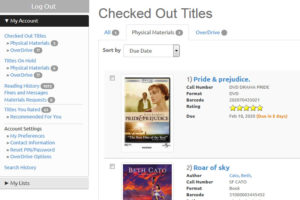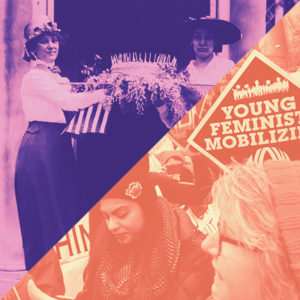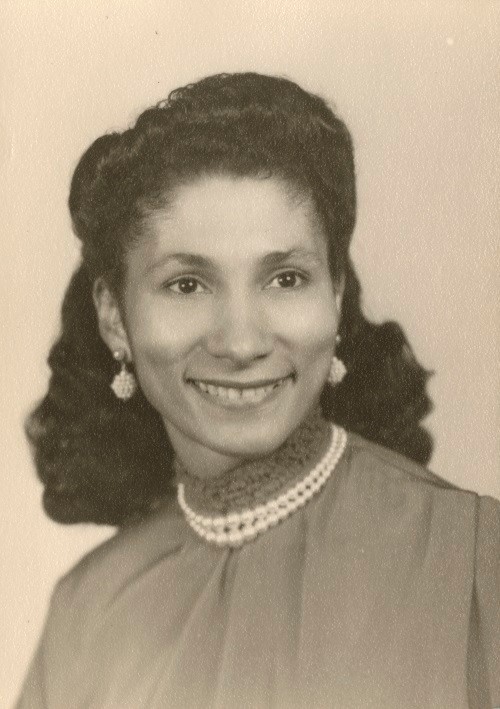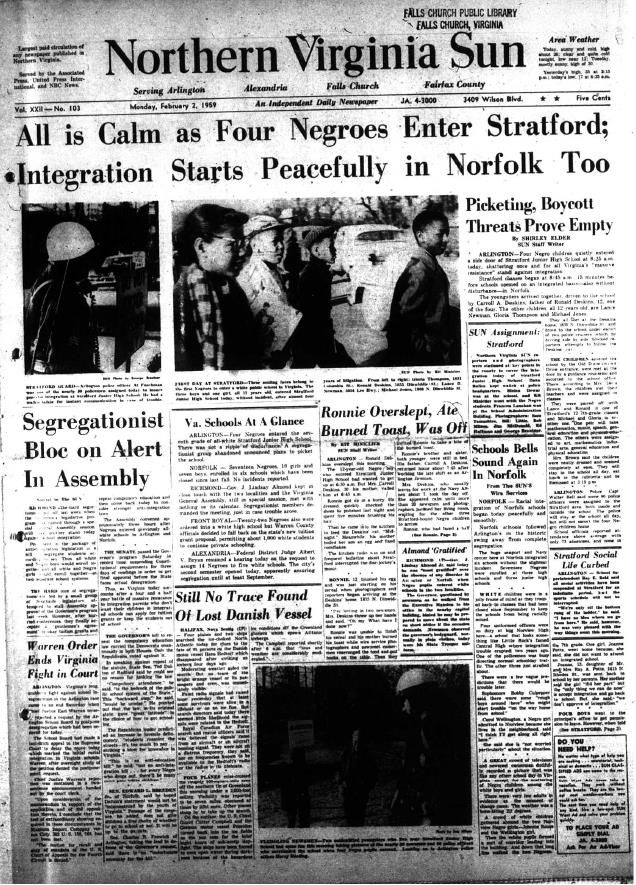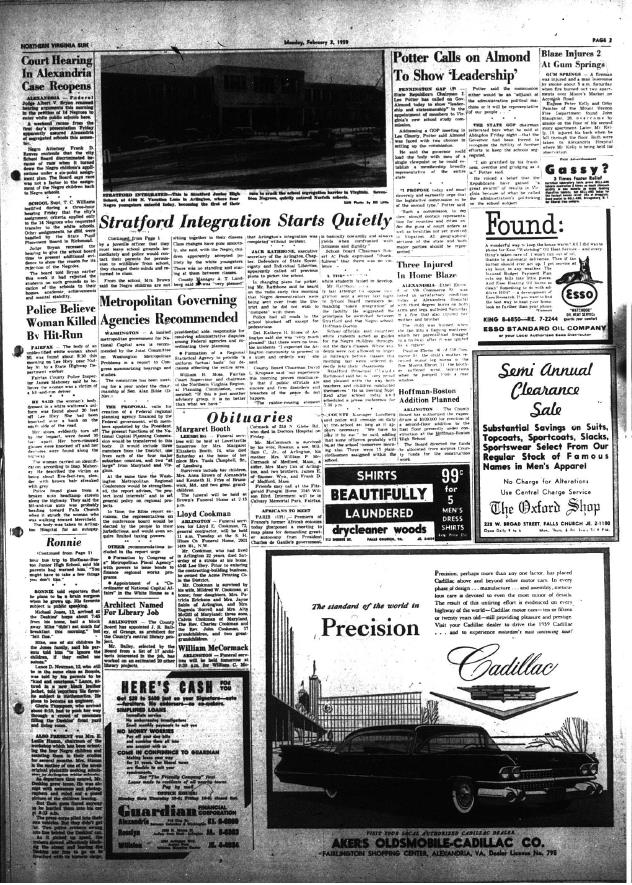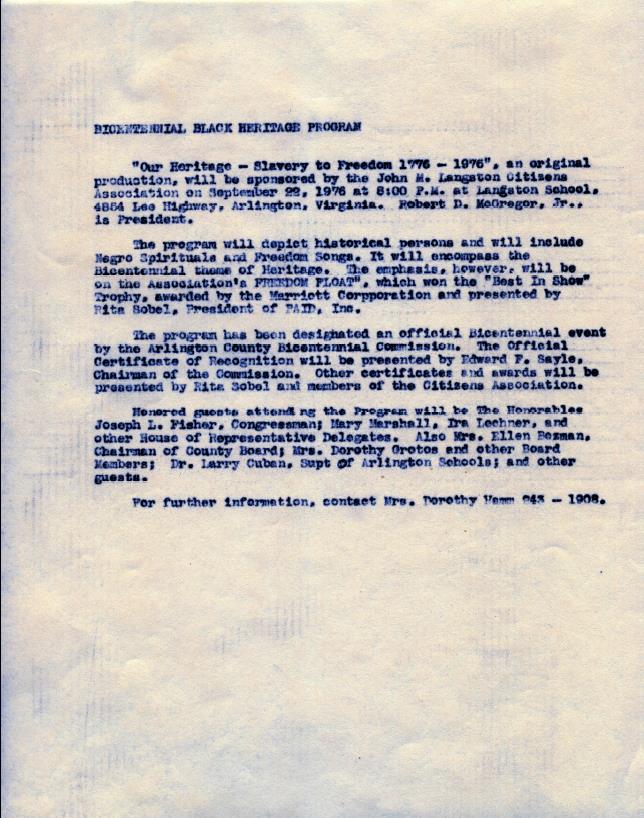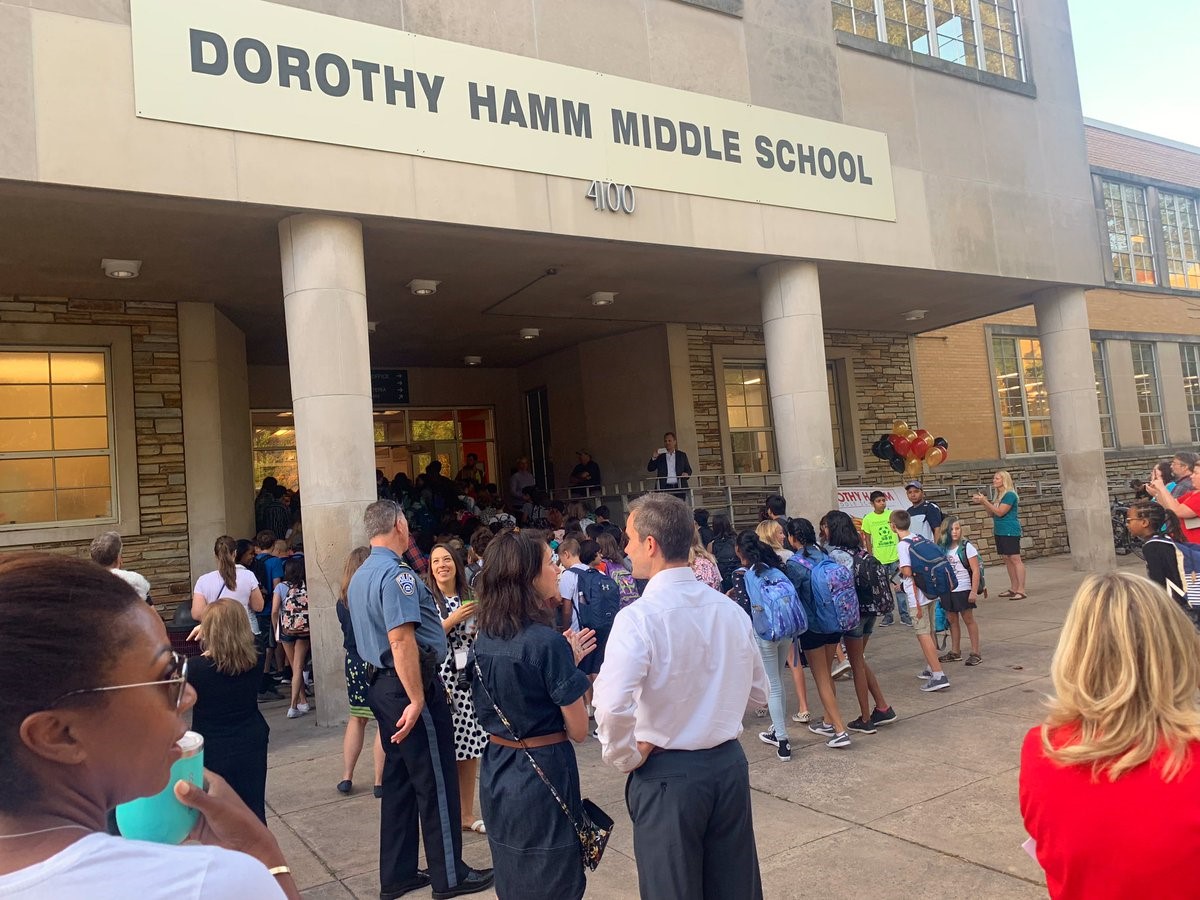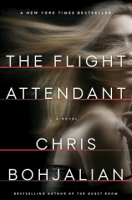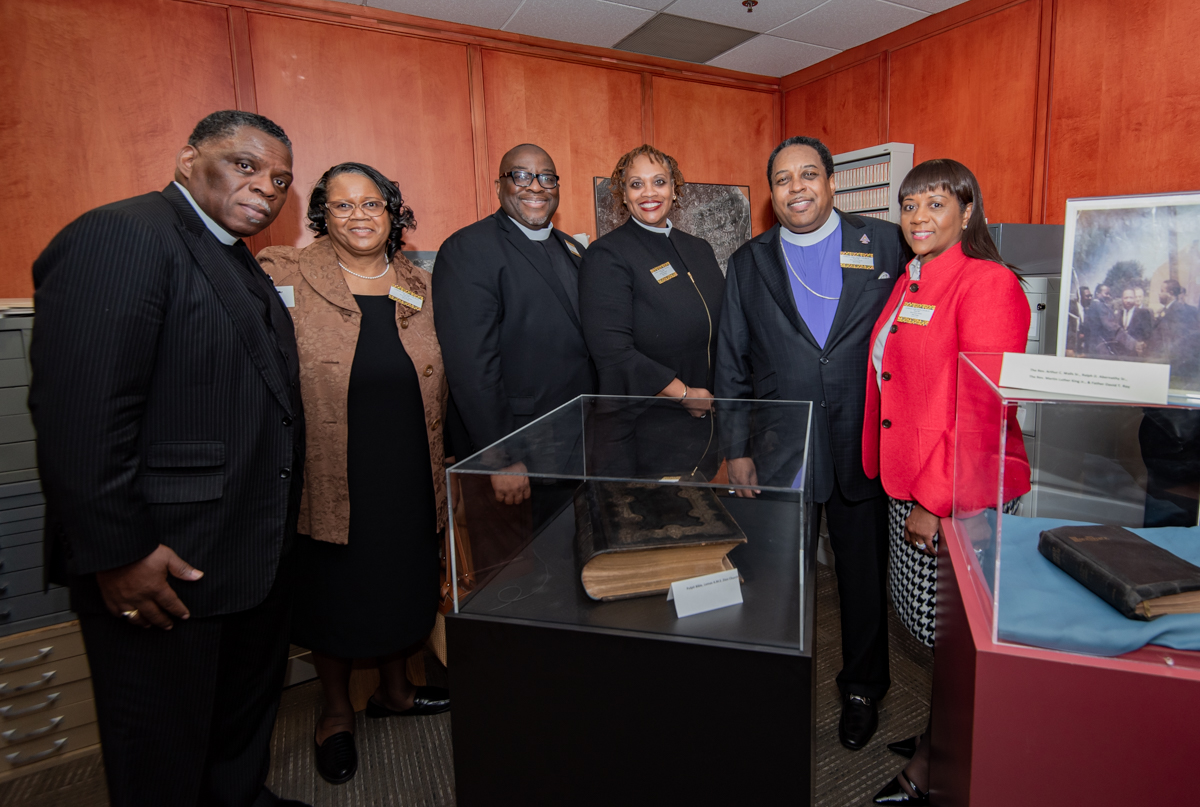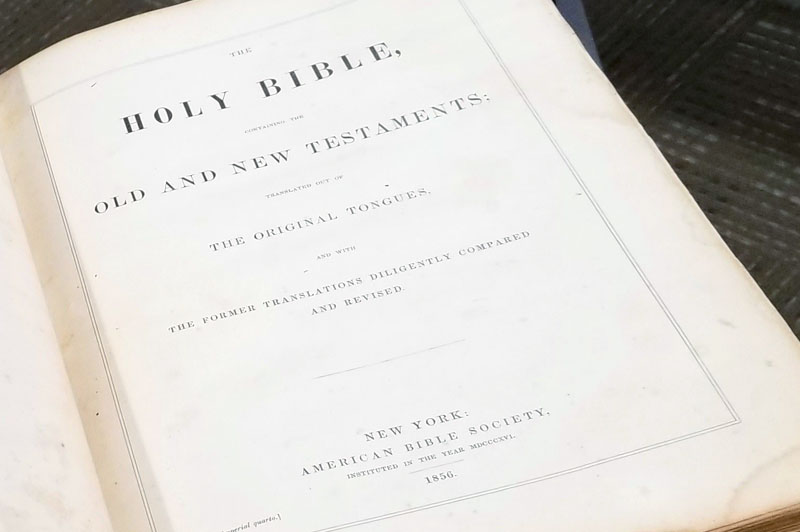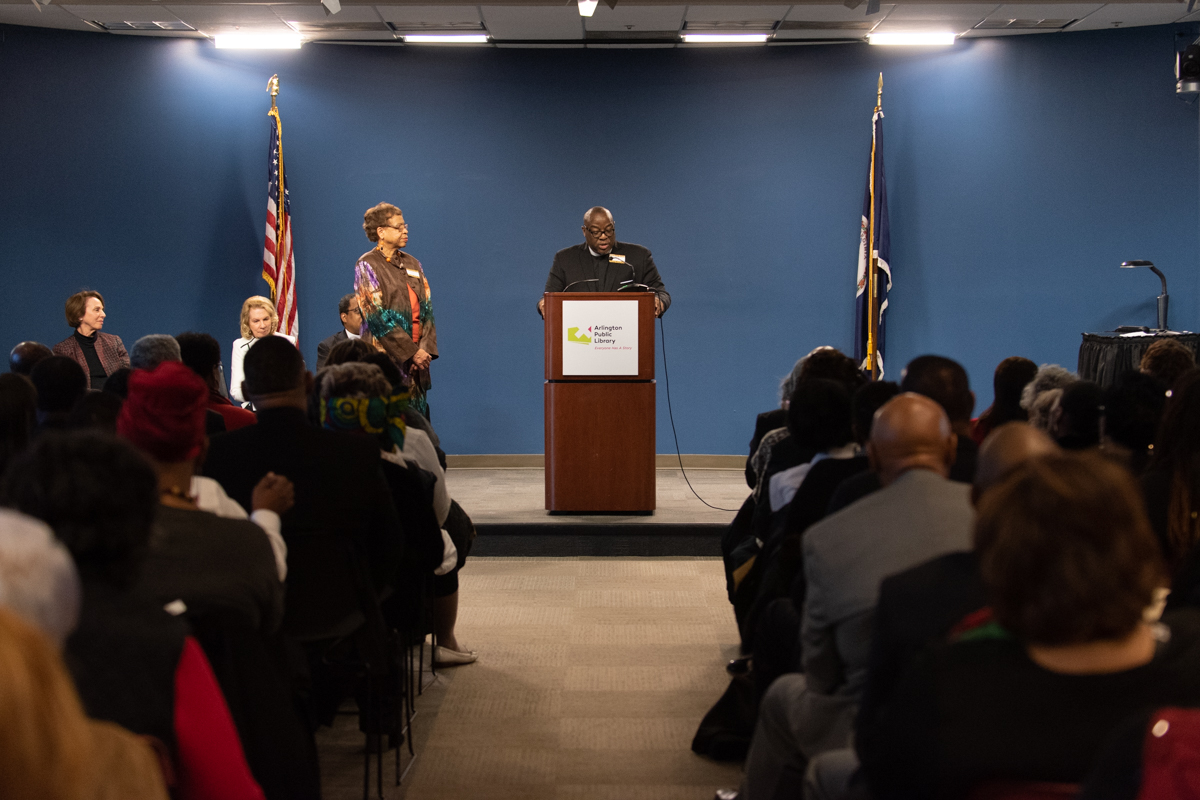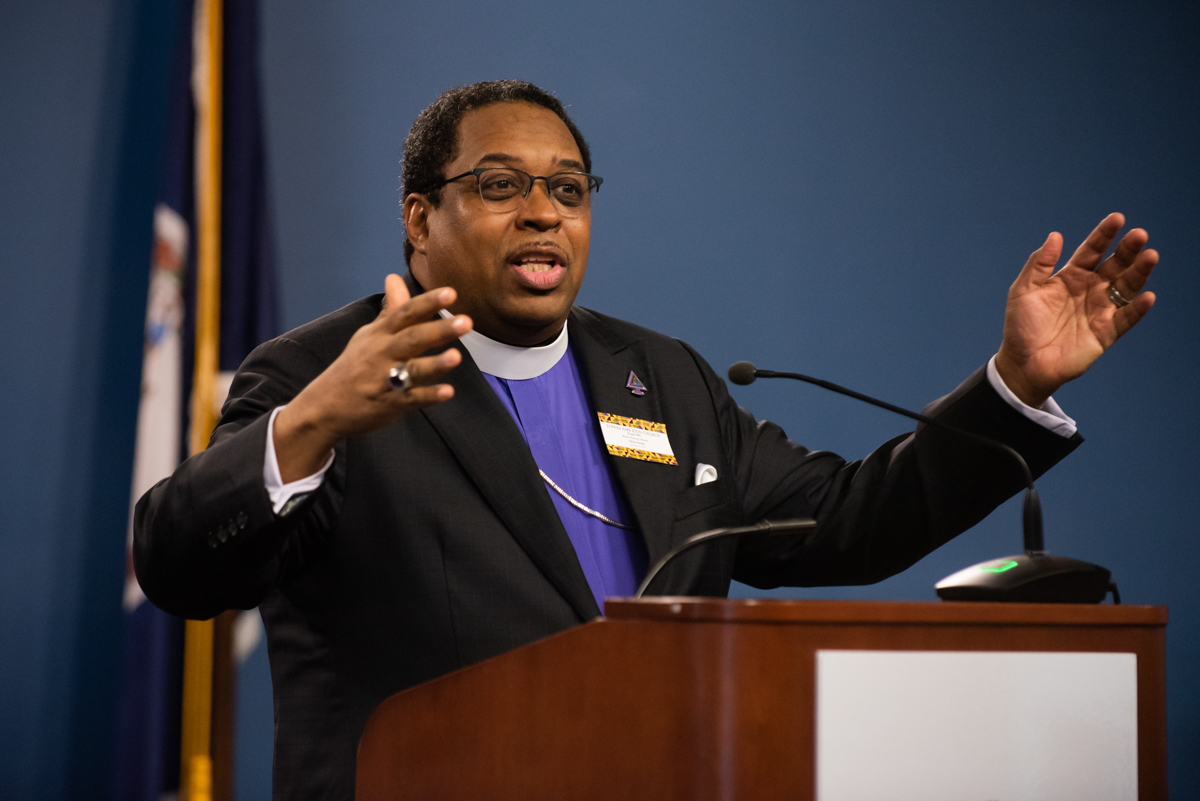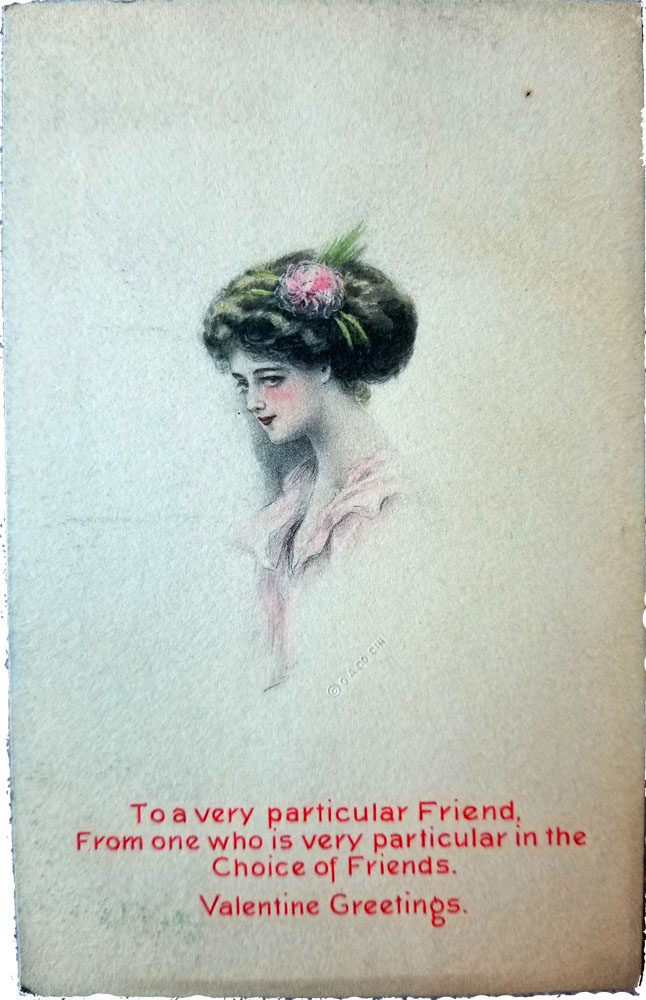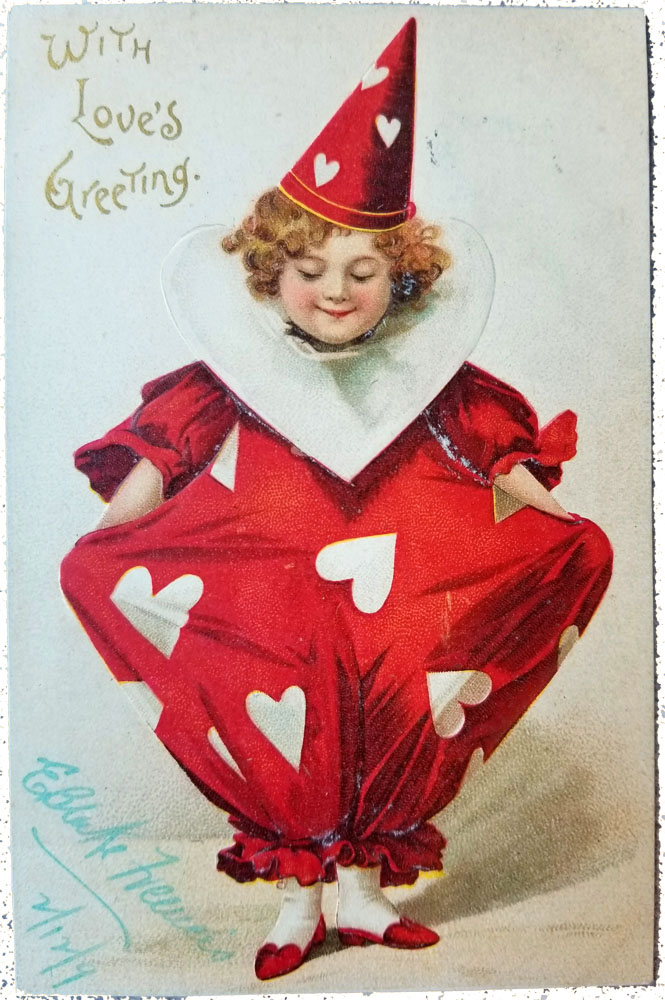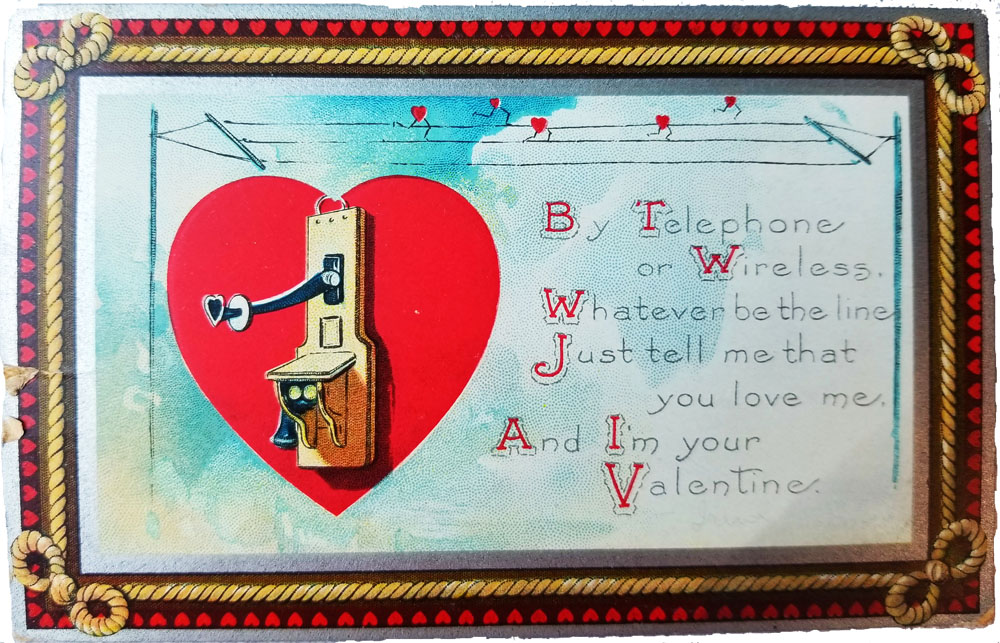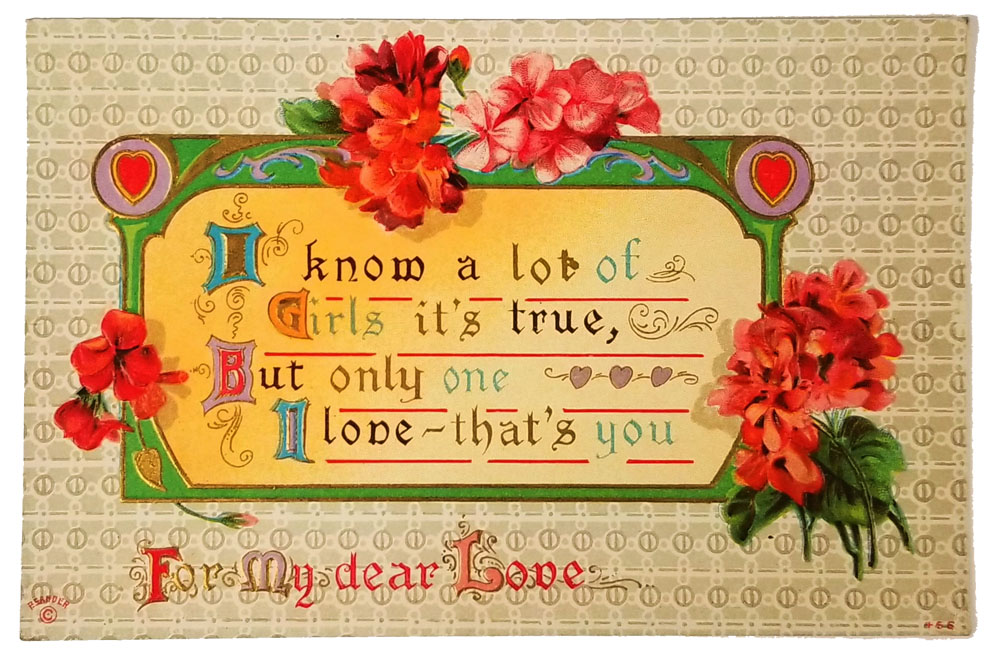News
What’s Hot This Month?
We’ve got great events for kids, teens and adults.
Find a program just for you, your friends and your family!
Oral History: Bringing the Metro to Arlington
Interview with Roye Lowry
The arrival of the Metrorail in 1977 forever changed the landscape of Arlington, shaping the region for decades to come.

Oral histories are used to understand historical events, actors, and movements from the point of view of real people’s personal experiences.
In 2010, Arlington County released the documentary, “Arlington County’s Smart Growth Journey." It focused on the development of Arlington via the Metro system and featured interviews with people involved in this historic growth period. In this interview, narrator Roye Lowry details the trials and tribulations of the landmark Metro project, some of which are featured in the Smart Growth documentary.
Lowry served on Arlington’s County Board from 1962-1965. During that time he helped lay the groundwork for the construction of the Northern Virginia Metro system and related County development.
Metrorail car, 1969, WMATA photo.
Narrator: Roye Lowry
Interviewer: Mary Curtius
Date: December 5, 2007
From the documentary:
[7:35]: The schools were a major interest. But also, the development of Arlington became of interest because we were just building apartments and gas stations almost everywhere.
[14:57]: The first place was Rosslyn. We got to give a lot of credit to the man who was then the head of our highway division, Stoneburner, Mr. Stoneburner because they wanted to run 66 right flat down what would have then been the middle of Rosslyn, which would distort any possibility of development.
[13:27]: When they began to talk Metro plans, we were for it because that is the only way we’re going to escape having highways.
[29:17]: The notion was we tried to unite public purpose and private profit. If you can successfully do that in anything you’ve got a winner.
From the oral history interview:
On the Metrorail coming to Arlington:
Roye Lowry: Arlington was just in the way. People who lived out in the hinterlands, no matter where, they just wanted to get through here to get to Washington. We lived here. We were in the way and we weren’t going to move. We had this notion of preserving a community of approximately 200-210,000 people. That was the notion and it turned out to be pretty good.
Mary Curtius: What was the population back in ‘61, ‘62? Was it anywhere near 200,000?
RL: No, it had to be 160,000 maybe, something like that.
Rosslyn Station construction sign with crane in background.
On development in Arlington:
MC: Do you think you understood at the time. I understand the preservation motive, you wanted to save Arlington from being carved up.
RL: But we’re redeveloping at the same time.
MC: Did you think it would help redevelopment, that Metro would help redevelopment?
RL: We were pretty sure it would. Metro is going to run through Arlington. There are going to be some stations. It’s not just going to run through Arlington. It took much longer than was anticipated to get it going. I remember when there was some kind of ceremony, dedication ceremony or something in Clarendon when the Orange Line. It was a big celebration. I was standing there in the crowd and I saying it’s seven years behind schedule right now when it gets there.
Roye Lowry conducted this interview as part of Arlington County’s “Smart Growth” documentation project, and the full interview can be accessed at the Center for Local History – VA 975.5295 A7243oh series 8, no. 10. Fifteen additional interviews in this series are also available at the Center for Local History, and the full “Arlington County Smart Growth Journey” documentary is available online.
The goal of the Arlington Voices project is to showcase the Center for Local History’s oral history collection in a publicly accessible and shareable way.
The Arlington Public Library began collecting oral histories of long-time residents in the 1970s, and since then the scope of the collection has expanded to capture the diverse voices of Arlington’s community. In 2016, staff members and volunteers recorded many additional hours of interviews, building the collection to 575 catalogued oral histories.
To browse our list of narrators indexed by interview subject, check out our community archive. To read a full transcript of an interview, visit the Center for Local History located at Central Library.
Library Catalog Upgrade
New Features for Search and Your Account
As of Tuesday, March 3, you should see some upgrades to the Library's online catalog and in your account.
Search
- Improved search suggestions and spelling suggestions
- Boosted search for materials in a specific language
- Filter searches using “OR” operators (such as “books OR ebooks”).
- Lock search filters to continuously limit searches to only materials you're interested in.
Account
- Physical objects (books, etc.) and digital items now have separate tabs under Checked Out Items and Holds
- Reading history can now be searched (Reading History is an opt-in feature within your account)
- Items on your Reading History can now be added to Lists
Recommended for You
- Improved Recommended For You section gives suggestions based on titles you have rated in the catalog.
- Don't see anything in Recommended For You? Try rating items in your Reading History, or your recent checkouts.
Celebrate Women’s History Month
March 2020
We celebrate Women's History Month each March in recognition of the important contributions women have made - and continue to make - in our country's history.
Women's History Month began in 1982, when Congress passed Pub. L. 97-28, which authorized and requested the President to proclaim the week beginning March 7, 1982 as “Women’s History Week.” Learn more at womenshistorymonth.gov.
Exhibit at Central Library: "Women's Work, Then & Now"
Visit Central Library from March 5 - April 2 to view the new exhibition, “Women’s Work: Then & Now,” commemorating both Arlington County’s 100th anniversary and the 100 years since the passage of the 19th Amendment.
Included in this exhibition are stories, photographs, letters and memorabilia, which spotlight individuals and groups of Arlington women dedicated to improving their community and the lives of others.
The exhibition is located in the lobby at Central Library, and is open to the public during Library hours.
Women's History Month Events at the Library
A Fight for Educational Equality: Civil Rights Activist Dorothy Hamm
Dorothy Hamm (1919-2004)
Celebrate Black History Month and the 100th anniversary of the 19th Amendment with stories about women who have used their voices and their votes to better their communities and help shape the United States.
For decades, Dorothy Hamm was at the forefront of the civil rights movement in Arlington, working tirelessly to bring equality to the County. She lead the charge to successfully desegregate Arlington’s schools and theaters, and was involved in numerous community organizations and leadership positions.
Early Life
Dorothy Hamm was born in 1919 in Caroline County, Virginia, in a family of seven children. The only school that accepted African-American students was six miles away from their home, so in 1926 the family moved to Fairfax County where the children could attend elementary school.
However, Virginia was still a segregated state, and when Hamm graduated from primary school the family found that there was no junior high or high school for African-American students within a thirty-five-mile radius. Instead, because her mother was a government employee, Dorothy was able to attend secondary schools in Washington, D.C. She went on to enroll in Miner Teacher’s College, also in D.C.. She also attended classes at the Cortez Peters School of Business and George Washington University.
Image courtesy of Carmela Hamm, from the Library of Virginia.
Hamm married Edward Leslie Hamm, Sr., in 1942 and the couple moved to Arlington in 1950, where they would raise their three children. During this time, Hamm worked in numerous government positions, including as an administrator in the Army Surgeon General’s Office, where she worked until 1963.
The catalyst for Hamm’s involvement in the civil rights movement came in the form of the 1954 Supreme Court decision that ruled segregation illegal in public schools.
Arlington Public Schools
In 1956, Hamm, along with her husband, became plaintiffs in the first civil action case filed to integrate the Arlington Public School system. When no action towards integration had been taken a year after the suit was filed, Hamm and her husband took their oldest son, Edward Leslie Jr., to enroll at Stratford Junior High School. They, and other African-American students who attempted to enroll in the still segregated Arlington schools, were denied admission that year. In September 1957, a few days after the opening of the school year, crosses were burned on the lawns of two Arlington families, and at the Calloway United Methodist Church, a central location for organizers in the effort to desegregate the schools, and a site of workshops held by ministers, lawyers and educators preparing parents and students for school integration.
Over the course of this process, Hamm recalled in interviews many experiences with discrimination and intimidation.
On January 19, 1959, Senator Harry F. Byrd’s statewide policy of “massive resistance” to the Supreme Court ruling was outlawed by the Virginia Supreme Court.
On February 2, Ronald Deskins, Michael Jones, Lance Newman, and Gloria Thompson were enrolled as the first black students at Stratford Junior High, making Arlington the first county in Virginia to integrate its schools. Hamm’s sons would enter Stratford later that year.
In 1960 Dorothy Hamm was a plaintiff in another case, a court action to eliminate the pupil placement form, which was used to exclusively assign African-American students to certain schools as a means to get around the Supreme Court’s ruling on desegregation.
In 1961, Hamm was again a plaintiff in a court action to integrate the athletic program of the Arlington Public Schools, after Hamm’s son had been barred from participating in Stratford’s wrestling program because of the physical contact between Black and white students. As a result of the court action, discrimination in Arlington athletic programs was declared to be illegal.
Civic Life
In 1963, Hamm was the plaintiff in a civil action case to eliminate the poll tax and remove the race designation from public forms and voting records in Arlington County. (Read "If you Don't Vote, You Don't Count", our story from August 15, 2019, about the history of the poll tax in Arlington County, to learn more.)
The same year, Hamm also became involved in the fight to desegregate Arlington’s theaters. She initiated another civil court suit and helped to organize what would become a year of picketing efforts in protest of segregation. Along with four other protesters, Hamm was arrested for picketing at the Glebe Theater. The theater owner then struck a deal with the protesters that if they ceased picketing for thirty days, he would admit African-American patrons to the theater. This was successful, and Hamm and her son Edward Leslie Jr., became the first African-American customers to be admitted.
Hamm and her husband also participated in the 1963 March on Washington, helping to organize bus transportation to take Arlington residents into the city to take part in the March. In 1968, they also participated in the Poor People’s March on Washington, and helped to provide food and housing for fellow marchers.
Hamm continued her political activism as a delegate to Arlington County and Virginia State conventions in 1964 and was appointed Assistant Registrar and Chief Election Officer in Arlington’s Woodlawn precinct. She also worked with the Congress on Racial Equality (CORE) as they organized in Arlington and served as an officer of elections in Arlington for more than twenty-seven years.
Writing
Dorothy Hamm was also known for her work as a poet and playwright.
In 1976, her play “Our Heritage: Slavery to Freedom 1776-1976” was designated as an official bicentennial event in Arlington County. In 1984, she wrote and directed the play “Our Struggle for Equality,” which was performed by the drama club of Calloway United Methodist Church and later developed into a documentary for television.
Legacy
Dorothy Hamm died in 2004, but her legacy and mark on Arlington live on. On March 1, 2002, the Virginia Legislature’s House Joint Resolution No. 458 was enacted commending Hamm and her efforts in the civil rights movement. And in 2019, the Dorothy Hamm Middle School began its first year named in her honor (in the building that formerly was the site of Stratford Junior High and the H-B Woodlawn Secondary Program).
In her autobiography, Hamm wrote about her response to the question of why she fought so hard for equal education and other equal opportunities. She writes:
“Even now, I am asked the same questions. There are many reasons, but one of the most important was my determination to answer the “Why can’t I?” question raised by our eight-year-old son, Bernard Caldwell Hamm. … Finally, I had to truthfully answer his ‘Why can’t I?’ question and explain to him that Stratford was for White children and he could not attend because he was a colored boy. I knew then that with the help of others, I had to fight to help change the ‘Separate but Equal Laws.’”
Dorothy Hamm Middle School, which was named in Hamm’s honor in 2019. Image courtesy of Arlington Public Schools.
Learn More
“Notable Women of Arlington: Third Series,” published by the Arlington County Commission on the Status of Women.
“Integration of Arlington County Schools: My Story,” by Dorothy Hamm.
Interview Dorothy M. Hamm, conducted in 1986, VA 975.5295 A7243oh ser.3 no.58.
The Dorothy M. Hamm Papers, 1937-1977, VA/ARCH RG 349.
News to Use, February 2020
Talking Book Newsletter
Volume 1, no.2
Listen to the audio version of the newsletter with the embedded player below, and read the transcript, which includes additional resources.

Welcome to the second edition of News to Use, the Arlington Public Library Talking Book Newsletter, produced by the Talking Book Staff at Arlington Public Library.
Meet the Staff
This month the newsletter is read by Jennifer Lewis, the team lead for the Accessibility and Collections Team which includes the Talking Book Service.
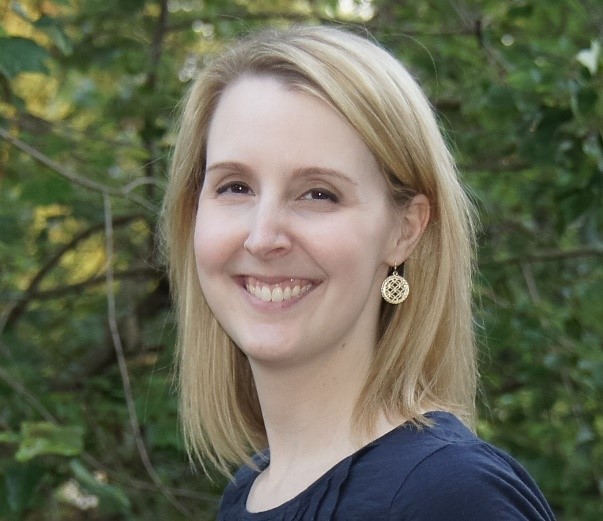
I’ve been a reference and collections librarian with Arlington Public Library for fifteen years and have spent the last two years focusing on accessibility services. I’m a native of Virginia and outside of work I love spending time with my family, cooking new dishes and reading suspense and historical fiction novels.
Join Arlington Public Library’s Winter Reading Program.
How to Participate:
- Read 3 books of your choosing.
- Let Talking Book staff know you’ve completed three books by March 1.
- Claim your prize: Coupon for a free book from any of the ongoing Friend's of the Arlington Public Library book sales, at Central Library or any of the Branches. Coupon must be redeemed by March 15; when coupon is redeemed, you will be entered into a raffle to win a set of books by our spring 2020 Arlington Reads authors.
- Attend the Hot Chocolate Party: Saturday, March 14, 2-4 p.m.
Census 2020: Be Counted!
In mid-March, letters will go out to households around the country inviting them to respond to the 2020 census (www.census.gov). Why should you respond? Well, census results play a large part in determining how governments at all levels allocate hundreds of billions of dollars for services that communities rely on. But some groups of people, including those who are blind or disabled, historically have been undercounted. We at Arlington Public Library want to make sure all our patrons are counted and don’t miss this chance to shape their future!
If you have questions about the census, we’re here to help: contact us at 703-228-6333 or talkingbooks@arlingtonva.us.
Blind and Low Vision Resource Group: Update.
The Blind and Low Vision Resource Group is off to a great start! In October, we welcomed Alex Castillo, a rehabilitation teacher from the Department with the Blind and Vision Impaired (DBVI). He shared information about the services DBVI offers. Alex will get paired with a blind or low vision customer and will visit them at home to evaluate their daily needs and goals. He will then develop practical lessons to help them gain or maintain independence.
Visit the Department of the Blind and Vision Impaired website or call them at (804) 371-3140.
In November, we welcomed Carol Froelich, a volunteer speaker from Metropolitan Washington Ear. Members have access to daily newspapers via phone or a special radio provided with membership. Another benefit to membership is access to their audio description services at select live theater performances. Attendees who have used the service say it’s absolutely wonderful. We were also impressed to hear about their lookup service. WashEar volunteers are on hand to read the grocery store circulars or look up other information for you. As an added bonus, they have a really great newsletter, packed with resources. As a qualified Talking Book patron, you will also qualify for membership to Washington Ear, but you will need to complete their application.
For more information about Washington Ear, visit their website or call them at (301) 681-6636.
In January, Davida Luehrs, Northern Virginia Chapter President of the Foundation Fighting Blindness, was on hand to talk about the foundation's activities and goals. Their primary mission is to support research to find cures for retinal diseases and they've made some great progress. Their website also has great content and guidance for people who are newly diagnosed. FFB hosts regular meetings and speaker series which are free and open to the public. They also host fund raising events including the NOVA VisionWalk that takes place on Sunday, May 3, at Cameron Run Regional Park. Davida was accompanied by her guide dog, Chubb, whom she found through the Guide Dog Foundation for the Blind in Smithtown, NY. Davida also shared what she considered to be great resources: the American Council of the Blind, the Virginia Lions Club and Patrick Timony, Accessible Tech Librarian with DC Public Library’s Center for Accessibility.
Here is the full list of resources:
- Department of the Blind and Vision Impaired - https://www.vdbvi.org/ - (804) 371-3140
- Metropolitan Washington Ear - https://www.washear.org/ - (301) 681-6636
- Foundation Fighting Blindness - https://www.fightingblindness.org/ - (703) 742-8043
- NOVA VisionWalk - https://give.fightingblindness.org/event/northern-virginia-visionwalk-2020/e239834
- Guide Dog Foundation for the Blind - https://www.guidedog.org/ - (631) 930-9000
- American Council of the Blind - https://www.acb.org/ - (202) 467-5081
- Virginia Lions Club - https://www.lions24l.org/
- DCPL Center for Accessibility - https://www.dclibrary.org/services/accessibility - Phone: 202-727-2142, Videophone: 202-559-5368, Email: lbph.dcpl@dc.gov
If you have questions about these or other services, feel free to call us. We'll do our best to get you the answers you're looking for.
Mark your calendar for upcoming meetings:
- Friday, March 13 - Dr. Suleiman Alibhai, Doctor of Optometry with Low Vision Services. Dr. Alibhai is an acclaimed resource in the local blind and low vision community. He will talk about the services he offers which emphasize education and counseling about the best way to cope with chronic vision loss.
- Friday, April 10 - Library Accessibility Services Open House. Library staff will be on hand to share and talk with you about Books by Mail, Talking Books and BARD.
National Library Service Has a New Name and Logo.
The Library of Congress’s National Library Service for the Blind and Physically Handicapped (NLS), which provides braille and audio materials to the Arlington Subregional Library, has changed its name.
It is now known as the National Library Service for the Blind and Print Disabled. The new name addresses some outdated language and more clearly communicates the population it serves. NLS sought input on this name change from stakeholder groups and gathered data through various public channels, including its users.
Reading Recommendations from Staff & Patrons.
We’re excited to tell you what we’re reading, and we’d love to hear what you’d recommend.
"The Flight Attendant" by Chris Bohjalian, DB 90518.
Follow Cassie Bowden’s travels as a flight attendant as she tries to piece together the missing memories of the night she woke up in a hotel room Dubai next to a murdered man. Filled with intrigue, danger, humor and suspense, this is one I couldn’t stop reading until I reached the end.
Do you have a book you’d like to recommend? Please call or email us with a brief description of the book and why you liked it.
Getting Started with BARD
Our free book download system, BARD, puts our full collection of audio books at your fingertips. If you have a smart phone or a tablet and haven’t downloaded the BARD Mobile app, this is the perfect time!
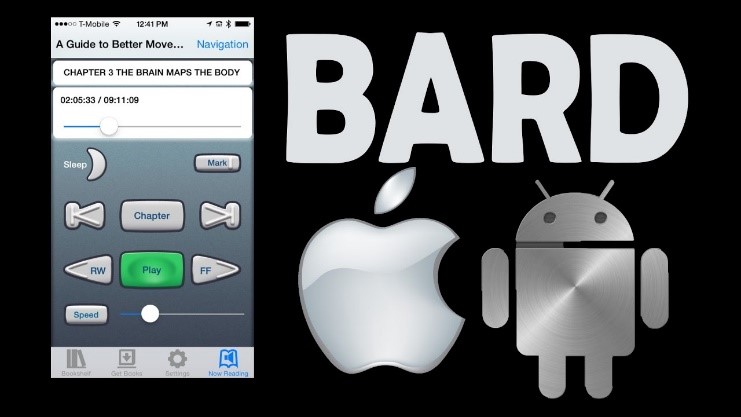
Layout of the app:
- Bookshelf- This contains the books you have downloaded.
- Get books- Contains wish list, recently added to BARD, previous downloads, most popular books, browse magazines, and the BARD website.
- Settings- Audio settings, display settings, and user account settings.
- Now reading – This is where you can play the books that you’ve downloaded. The screen is set up like a mini version of the digital talking book player.
Tips and Tricks:
In the settings, under audio settings, turn the “Background Playback” on so your device does not have to stay open and run the battery down while you listen to a book. If a book doesn’t play all the way through or there’s an error message, there are two options that will usually get you back on track. One option is to completely shut down the app and bring it back up, or you can delete the book and re-download it from the “Previous Downloads” section of the “Get Books” heading.
Bestseller Lists.
Fiction:
- A Minute to Midnight by David Baldacci, DB 97355
- The Night Fire by Michael Connelly, DB 97282
- Nothing to See Here by Kevin Wilson, DB 97315
- The Starless Sea by Erin Morgenstern, DB 97441
- Twisted Twenty-Six by Janet Evanovitch, DB 97352
Nonfiction:
- Dear Girls by Ali Wong, DB 97243
- Education of an Idealist by Samantha Power, DB 97263
- I Really Needed This Today by Hoda Kotb, DB 97500
- Over the Top by Jonathan Van Ness DB 97437
- The Way I Heard It by Mike Rowe, DB 97497
New Books available through Talking Books Topics, January--February 2020:
Mark Your Calendar.
Here are some upcoming library programs you may be interested in:
Free Tax Preparation Assistance by AARP for people of low or moderate income.
Walk-in appointments at Central Library February 4 through April 15 (appointments also available by calling 703-829-6192):
-
- Tuesdays, 10 a.m. - 6:30 p.m.
- Thursdays, 10 a.m. - 3:30 p.m.
Walk-in appointments at Columbia Pike Branch Library, January 31 through April 14:
-
- Tuesdays, 1:15 p.m. - 7:45 p.m.
- Fridays and Saturdays, 10 a.m. - 2 p.m.
Aging Well: Advance Care Planning - Monday, March 2, 1:30 pm until 2:30 pm at Central
Laughter Yoga - Monday, March 2 from 6:30 pm until 7:30 pm at Central.
Aurora Hills Knits - Wednesday, March 4 from 7:00 pm until 8:30 pm at Aurora Hills
Arlington Reads: Roxane Gay in Conversation with Arlington Public Library Director, Diane Kresh - Tuesday, March 10 from 7:00 pm until 9:00 pm at Central
Language Conversation Classes: Arabic Chinese, English, French, Italian, Spanish - Various days and times. Call 703-228-6333 or email TalkingBooks@arlingtonva.us for more information.
Blind and Low Vision Resource Group: Dr. Suleiman Alibhai from Low Vision Services - Friday, March 13 from 2:00 pm until 3:30 pm at Central
Technology Tutoring Sessions: 30 minute one on one appointments - Various days and times. Call 703-228-6333 or email TalkingBooks@arlingtonva.us for more information.
Contact Us
The Talking Book staff is here for you. We can help you select or download books, register for library programs or connect you with other information you may be looking for.
Telephone: 703-228-6333
Email: TalkingBooks@arlingtonva.us
Video: The African-American Experience in Arlington, Feb. 13, 2020
Lomax Church and Library Celebrate Records Acquisition
Donation Received from one of Arlington's Oldest Black Churches
On February 9, 2020, Arlington's Lomax A.M.E. Zion Church and the Center for Local History celebrated the donation of the Church's archival records to the Center's Community Archives.
The donation included a large 19th century pulpit bible, printed in 1856.
Now members of the community and beyond can research and discover more about the history of one of Arlington's oldest African-American churches.

19th-century pulpit Bible, currently on display at the Center for Local History.
From Left: Arlington County Board Member Matt de Ferranti, Reverend Dr. Adrian V. Nelson, Arlington County Board Chairwoman Libby Garvey, Unidentified Church Member, Center for Local History Manager Judith Knudsen, Lomax Archives Chairwoman Brenda Cox, Unidentified Church Member, Bishop W. Darin Moore, Virtual Library Services Manager Stacia Aho, and Unidentified Church Members.
First established by freed slaves on June 12, 1866, in Freedman's Village, Lomax was originally named Wesley Zion Church under the leadership of Reverend Richard Thompkins. In 1874, the congregation decided to purchase land for a permanent home at an original price of $75 with a down payment of $5. In 1876, when T.H. Lomax was elected Bishop and assigned to the Lomax District, the name was changed to Lomax A.M.E. Zion Church.
In the days leading up to the March on Washington in August of 1963, civil-rights activists from around the country were housed in the Lomax Fellowship Hall, and the Reverend Dr. Martin Luther King Jr. and Reverend Ralph Abernathy spoke in the church parking lot prior to this monumental event. A photo of Reverend Dr. Martin Luther King Jr. and Reverend Ralph Abernathy speaking with members of the Lomax Church can be viewed at the Center for Local History.
Reverend Dr. Adrian V. Nelson (third from left) and Bishop W. Darin Moore (second from right) with members of the Lomax Church in front of 19th-century pulpit Bible on display at the Center for Local History.
19th-century pulpit Bible, printed in 1856, donated by Arlington's Lomax A.M.E. Zion Church; currently on display at the Center for Local History.
Center for Local History manager Judith Knudsen and her team worked with Lomax Church Archives Committee and its Chairwoman, Brenda Cox, to prepare and move materials for the acquisition. This donation was years in the making and both the Center for Local History and the church's Archives Committee spent countless hours to facilitate the exchange of materials.
Over 100 members of the Lomax Church, as well as Deputy County Manager Shannon Flanagan-Watson and three County Board Members: Arlington County Board Chairwoman Libby Garvey; Arlington County Board Member Matt de Ferranti; and Arlington County Board Member Christian Dorsey attended the ceremony.
Judith Knudsen and Libby Garvey both gave introductions before Reverend Dr. Adrian V. Nelson and Bishop W. Darin Moore each delivered a speech to those in attendance, highlighting the history of the Church and the significance of the archival donation.
After the ceremony, a reception was held in the Center for Local History, where food and refreshments were served, courtesy of the Friends of the Arlington Public Library.
The Center for Local History invites the Arlington Community to play an active role in documenting their history by donating physical and/or digital materials for the Center for Local History’s permanent collection.
Learn more about the donation process, and how to make a donation.
Valentine’s Day Postcards
The price of a stamp to mail a postcard in the early 1900s was just one penny.
These Valentine's Day postcards, part of a collection sent from around the region to Miss Irene Andris, have postmarks ranging from 1906 through 1913. Some include personal messages, but many are simply addressed to the recipient.
Irene Andris was the grandmother of a Library employee, who donated the collection to the Center for Local History.
The Center for Local History has a large collection of holiday-themed postcards from the early-to-mid 20th Century. There are also postcards for birthdays, New Year’s, Christmas, Halloween, St. Patrick’s Day, and the Fourth of July.
The first American postcard was pressed in 1873. Postcards quickly became an inexpensive form of communication, growing in popularity throughout the 19th and 20th Centuries. The study and collection of postcards, which you've just learned a little bit about by reading this, is called Deltiology.
To see more of the postcard collection, or to learn more about Arlington's history, visit the Center for Local History on the first floor of the Central Library.
Do you have a question about this story, or a personal experience to share?
Use this form to send a message to the Center for Local History.
Center For Local History - Blog Post Message Form
Do you have a question about this story, or a personal experience to share? Use this form to send a message to the Center for Local History.
"*" indicates required fields
